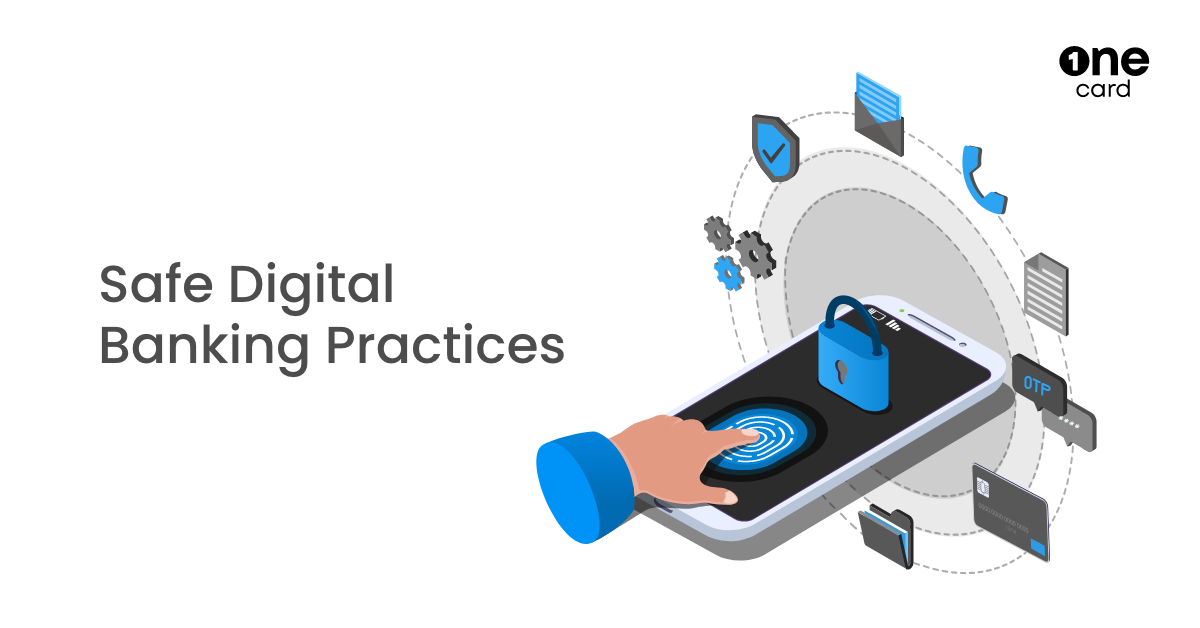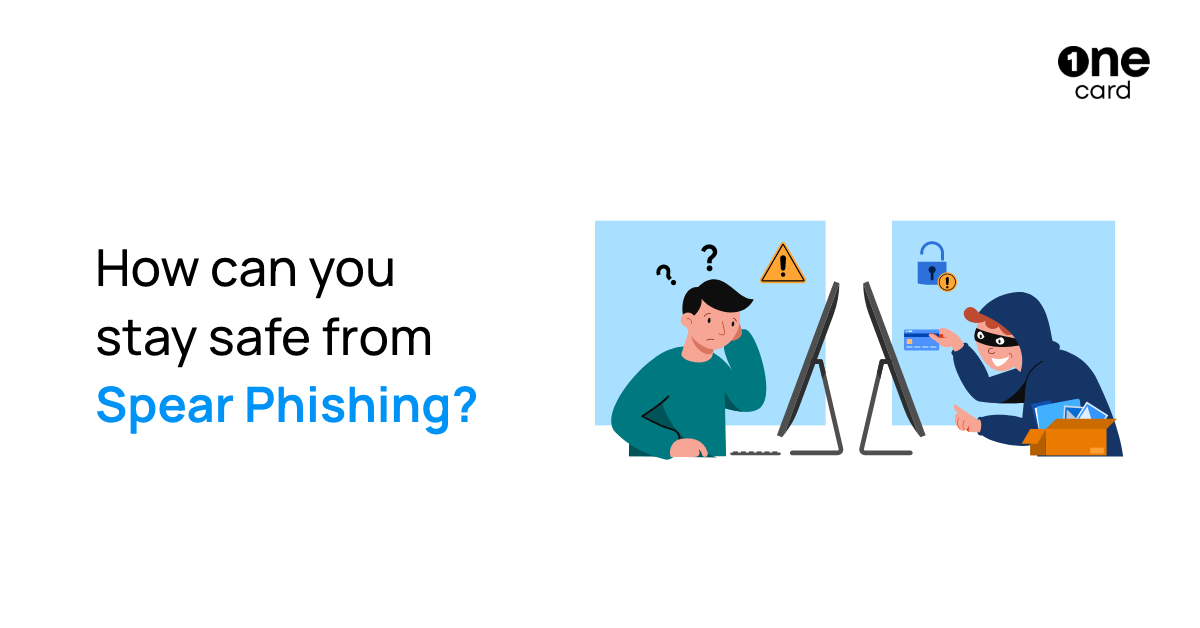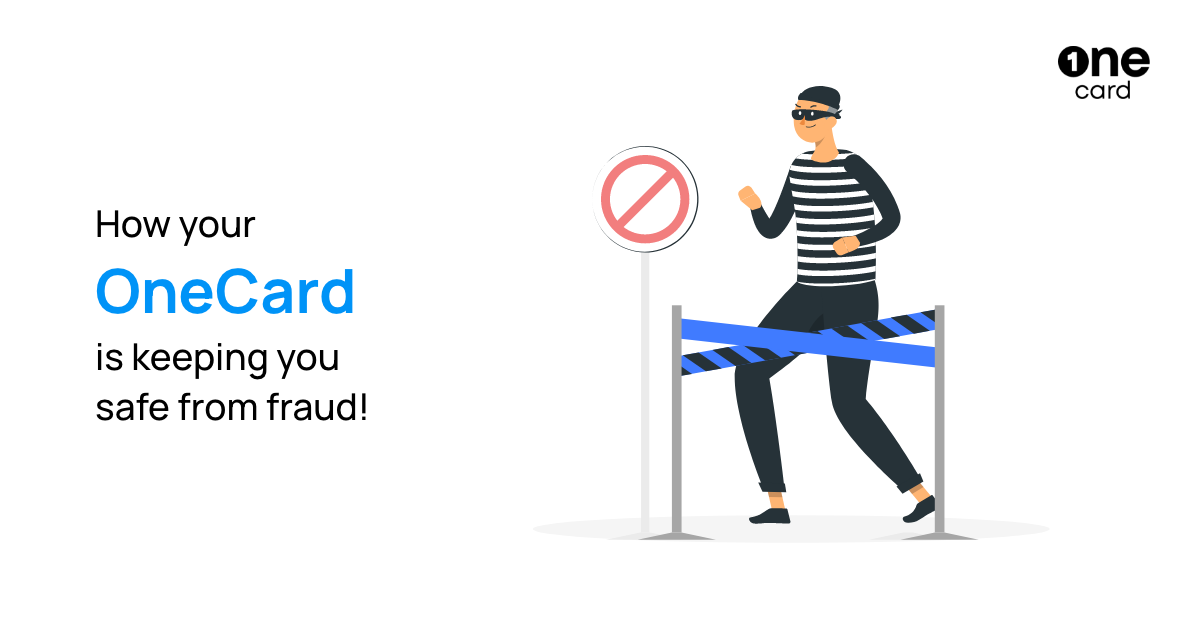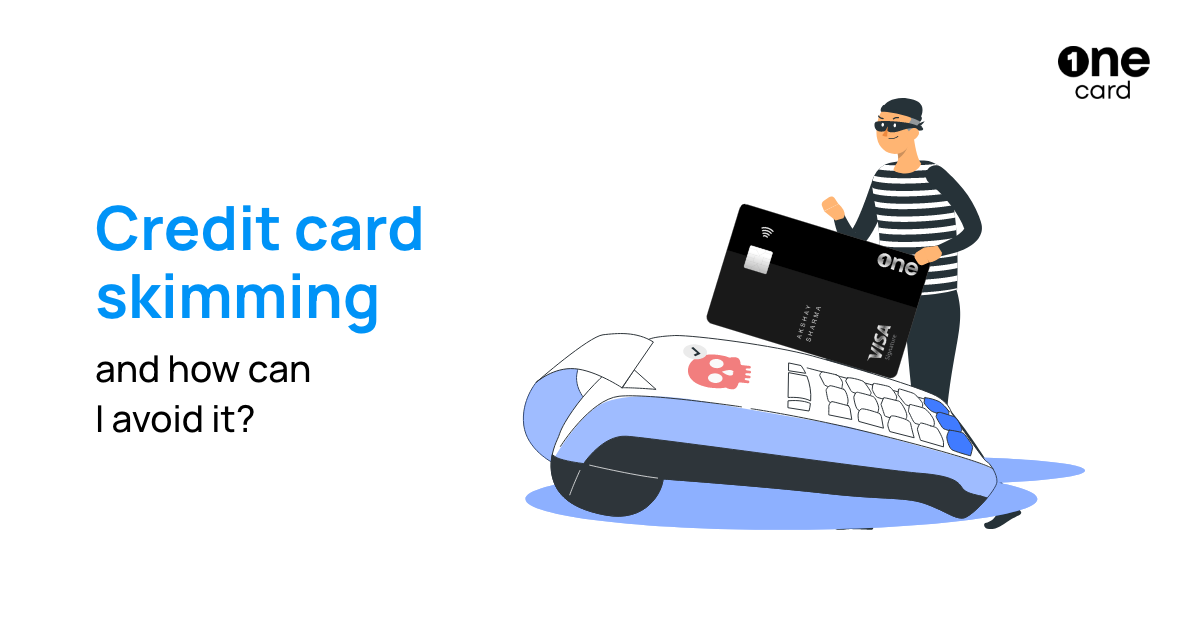7 tips for safe digital banking practices
By OneCard | February 21, 2022

Digital banking and payments practices have seen massive popularity in recent times. According to RBI’s annual report of 2020-2021, the volume of total digital payments reached Rs. 4,371.18 crores for the year. As of August 2021, India had observed a growth of 76% in the last twelve months in digital transactions, which is increasing with every passing day.
So naturally, with such massive digital utilisation, it’s essential to address and establish safe digital banking practices among the masses. Here are some of the most important safe digital banking practices to follow so you can enjoy a safe and secure digital banking experience.
Table of contents:
Safe Digital Banking Practices
1. Always remember that you should never share your account details like your account number, card number, login ID, PIN, UPI-PIN, card PIN, OTP with anyone. Even if a bank representative, however convincing they might sound, asks you for it, you should never share such details.
2. Any messages, calls, emails informing you about your account/card being blocked and asking you to click on a link should be ignored. This is a common practice amongst fraudsters where they lure with such messages. If you ever wish to update your KYC or any other information, always do it from the official ID of the banks, issuer, etc., or contact them on their helpline.
3. If anyone posing as a bank representative or otherwise asks you to download any screen mirroring or screen sharing app, immediately report it to your respective service provider. Banks, NBFCs, OneCard or any other card issuer, will never ask you to download such apps as it compromises your data.
4. Whenever you receive any emails messages or are asked to access any website, do check the URLs and domain names and look for spelling mistakes. Also, before you click, check whether the website starts with “https” as these websites are verified, secured and much more trustworthy. Doing this will help you to avoid falling into a spear-phishing trap.
5. If you get an OTP for a transaction not initiated by you, immediately inform your service provider. In case you are notified about a completed transaction not made by you, immediately block your card, and reach out to the OneCard representatives or whoever is your service provider.
6. Avoid keeping easy to guess passwords and PINs. Your password should be random with a combination of alphabets, numbers, and special characters wherever possible. If you are setting up the PIN for your card, avoid using your birthday, birth year, anniversary, or any number that holds special significance.
7. Lastly, to avoid fraudsters from making a transaction of a big sum, set a daily transaction limit on your cards. Similarly, you can avoid unwanted international transactions by deactivating international transactions when not required. So even if god forbid, a fraudster manages to take your money, the loss due to fraud can be substantially reduced. You can set your transaction limit or activate and deactivate international transactions on your OneCard in your OneCard app’s ‘My Controls’ section.
If a fraudster or hacker has targeted you, here are a few steps for immediate damage control:
- Immediately block your card from the MyControls section of your OneCard app
- Contact our Customer Support via chat or write to us at reportfraud@getonecard.app
- Lodge a complaint with the nearest Cyber Crime Police Station / National Cyber Crime Reporting Portal at cybercrime.gov.in or call on helpline number 1930
You can avoid falling into such traps by staying aware and taking the right steps.

**Disclaimer: The information provided in this webpage does not, and is not intended to, constitute any kind of advice; instead, all the information available here is for general informational purposes only. FPL Technologies Private Limited and the author shall not be responsible for any direct/indirect/damages/loss incurred by the reader for making any decision based on the contents and information. Please consult your advisor before making any decision.



Sharing is caring 😉